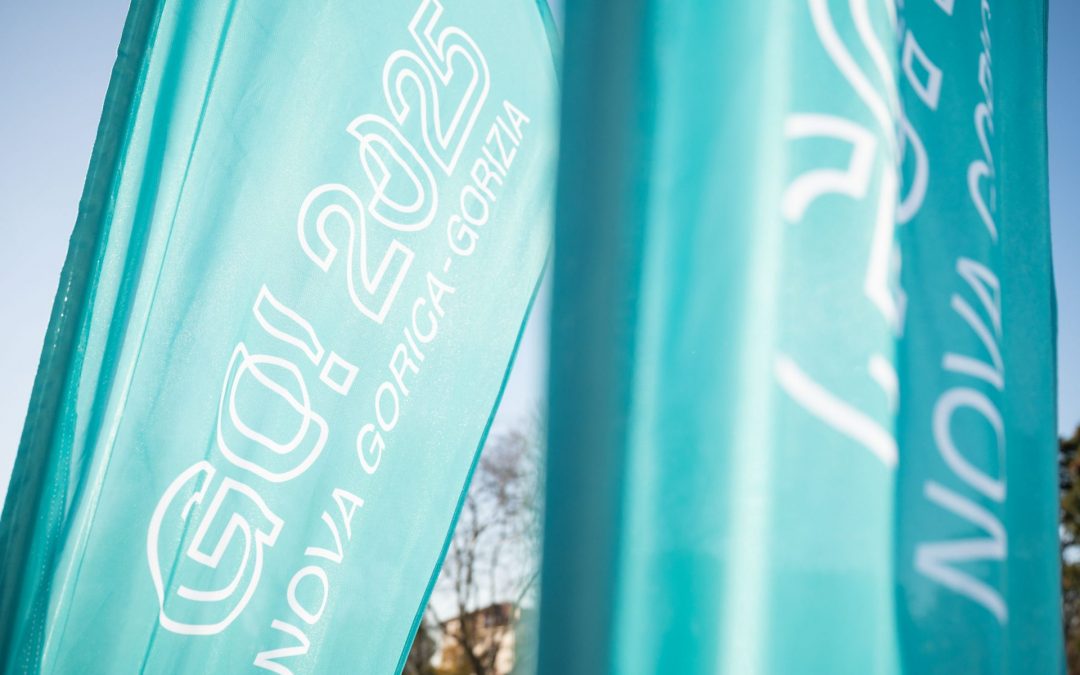Nova Gorica – A delegation of three members of the European Parliament’s Committee on Culture and Education visited Nova Gorica and Gorizia, which this year form the first cross-border European Capital of Culture (ECoC). The head of the delegation Hannes Heide emphasized at the end of the visit that ECoC Nova Gorica-Gorizia 2025 demonstrates how culture and cooperation can transcend borders and transform a shared history into common progress.
During the two-day visit, the Members of the European Parliament – in addition to Heide, Manuela Ripa and Joanna Scheuring-Wielgus, accompanied by Slovenian MEP Matjaž Nemec – listened to experts and local representatives from the fields of art, literature, cinematography, music, dance, cuisine, science, and theater to learn more about how the two cities, divided for decades, are coming together and presenting a model for Europe.
“I have been to many European Capitals of Culture. However, ECoC Nova Gorica-Gorizia 2025 is undoubtedly the most exceptional and incredible so far. Many people are truly dedicated to this project,” Heide said at the end of the visit. He highlighted that both Gorizias demonstrate that the values that unite us are much deeper than our divisions.
Nemec pointed out that GO! 2025 in Brussels is a success story. “It may be less felt in the local community, but the European Capital of Culture Nova Gorica-Gorizia is an example of an extremely good project with an absolutely exceptional message,” he noted.
The MEPs also met with political representatives from both countries, including the State Secretary at the Slovenian Ministry of Culture Marko Rusjan.
As reported by the ministry, Rusjan described the European Capital of Culture project as more than just a cultural event, as it has become a model of cooperation between two border cities and a symbol of overcoming borders. He added that the ECoC is not only the largest cultural event in the region’s history but also proof that culture connects and opens up space for cooperation in other areas as well.
The ECoC, which will feature over 400 events, will conclude with a closing event organized in Nova Gorica from December 1 to 5. (October 29)
 go to the original language article
go to the original language article
